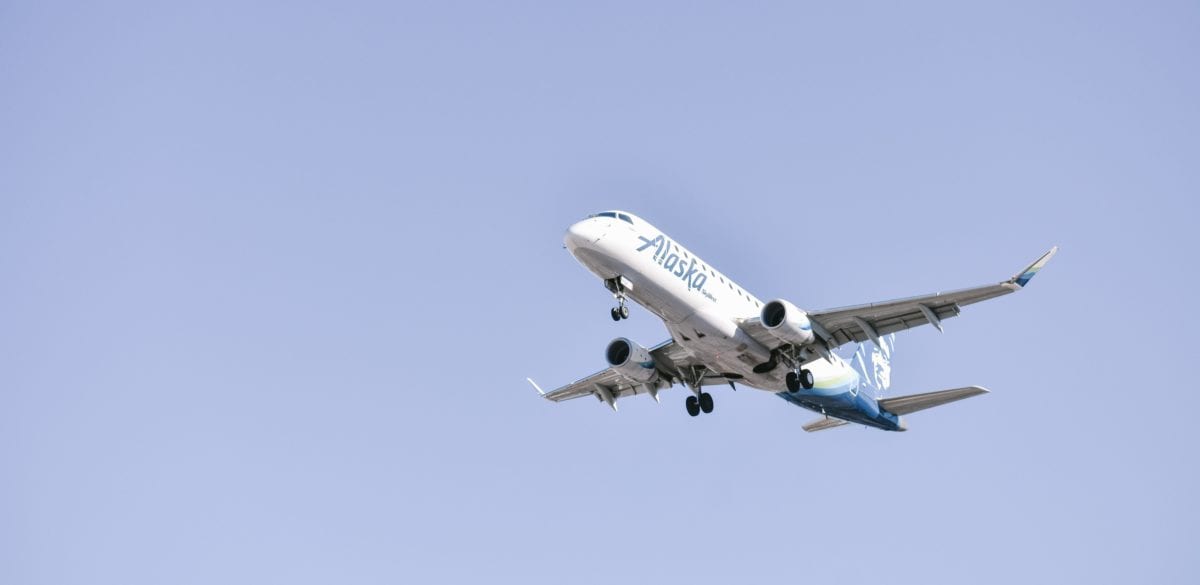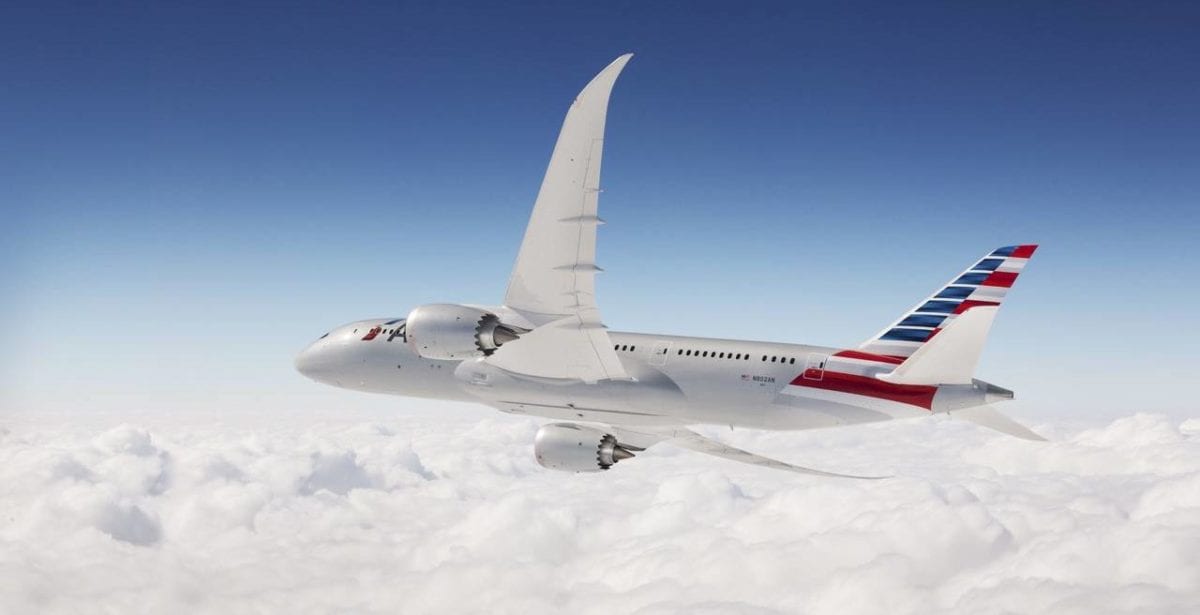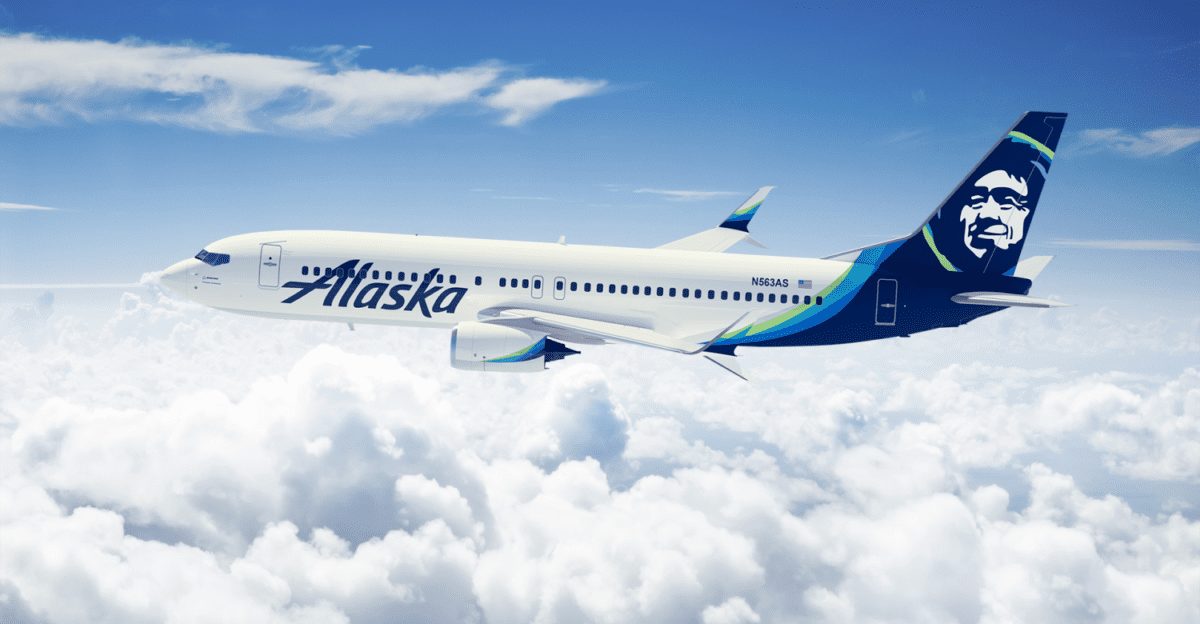Many lifetimes ago, way back in February 2020, American and Alaska rocked the airline landscape by announcing they'd form a partnership – and that Alaska Airlines would join the Oneworld airline alliance.
That news marked a fundamental shift in how airlines can partner together. It reshapes the dynamics behind airline alliances like Oneworld (American Airlines), SkyTeam (Delta), and Star Alliance (United), which are now built around one major U.S. carrier. And it also brought up some huge questions about Alaska's Mileage Plan Program, one of the most valuable in the world of points and miles.
Their plans initially called for Alaska to join Oneworld by summer 2021. But that's been fast-tracked, as Oneworld announced Thursday that Alaska Airlines will officially join the alliance “around the end of the year.” Oneworld airlines extended the invitation to Alaska this week.
“We’re excited to become a member of Oneworld, the industry’s premier alliance, and honored to receive this invitation. This milestone will improve connectivity and service for our guests throughout the West Coast and beyond,” Alaska Airlines CEO Brad said in a statement. “Oneworld will open up a tremendous international network for our business and leisure travelers when they’re ready to start flying overseas again, in addition to greater connectivity around the U.S. through our network for international visitors.”

Alaska should officially join Oneworld sometime later this year, joining 13 other airlines including American, British Airways, Japan Airlines, Iberia, Qatar Airways, and others. On Thursday, American Airlines Chief Revenue Officer Vasu Raja confirmed that timeline but said it could slide into early 2021.
Either way, it's a big change. Alaska Airlines has long been a “free agent” among the big airlines. Rather than joining a global alliance, it forged one-off partnerships with individual airlines like Emirates, Cathay Pacific, Japan Airlines, Korean Air, and countless others.
So what does this change mean? And why is this happening, anyway?
Breaking Down Alaska's Move to Oneworld
This really all comes down to Alaska and American's budding partnership.
American and Alaska have been partner airlines for years, but by early 2020 it looked as if they were heading for a messy divorce. Now, the airlines are moving forward with a huge expansion of both domestic and international codesharing agreements, giving travelers booking through American the option to book Alaska Airline flights, and vice versa. And that allows the airlines to fill each others' gaps.
American gets to lean on Alaska's route network throughout the Pacific Northwest – especially at Alaska's Seattle (SEA) hub, where American is weak. Meanwhile, Alaska Airlines gets access to American's much bigger network, including the international flights that Alaska lacks. American is even launching new nonstop flights from Seattle to London-Heathrow (LHR) and Bangalore, India (BLR).

For both airlines, it's a win-win. And joining the broader Oneworld alliance is a natural extension.
“We are thrilled about our new West Coast International Alliance with Alaska Airlines and its entrance into Oneworld,” American Airlines CEO Doug Parker said.
Answers (and More Questions) About Alaska Joining Oneworld
There are some certainties about what the newest Oneworld airline will mean:
- You'll be able to earn Alaska Airlines miles for flights on other Oneworld carriers, and vice versa
- You can already book flights on many Oneworld carriers using Alaska Mileage Plan miles, but more will certainly join the fold.
- You should be able to match Alaska Airlines status to Oneworld status – but exactly what tiers match where remains to be see.
But then there are a lot of questions . And in many ways, those questions have even larger implications.
- Alaska Airlines is one of the few airlines with which you earn miles based on how far you fly – not how much you paid for your ticket. Will that continue?
- Alaska has some of the best redemption rates in the world: 70,000 to fly Cathay Pacific first class from the U.S. to Asia or 55,000 miles to fly Fiji Airways business class, among many others. Can those sweetspots survive? Or is a devaluation looming when Alaska officially joins Oneworld?
- Can one-off partnerships with airlines like Emirates, Korean Air, El Al, or LATAM survive as Alaska joins an alliance? It's tough to see how that's possible.
Bottom Line
This is a huge change, and it's happening even faster than expected. Alaska Airlines has long been a favorite of frequent flyers (and points and miles collectors). Its independence and creativity has opened up sweet spots and opportunities that you can't find with other airlines.
So while there are certainly some big upsides as Alaska joins Oneworld and moves closer to American Airlines, there's no question that will come at a cost. Just what that cost may be remains to be seen.
